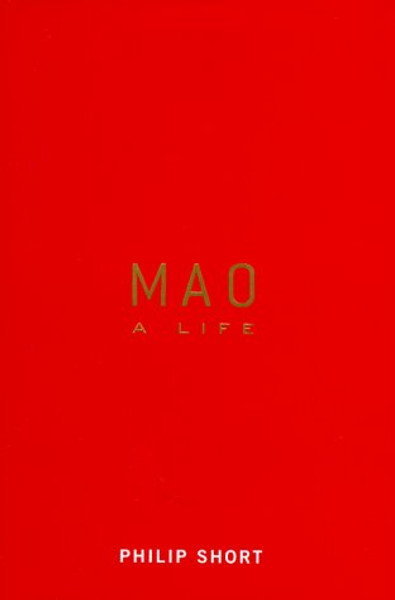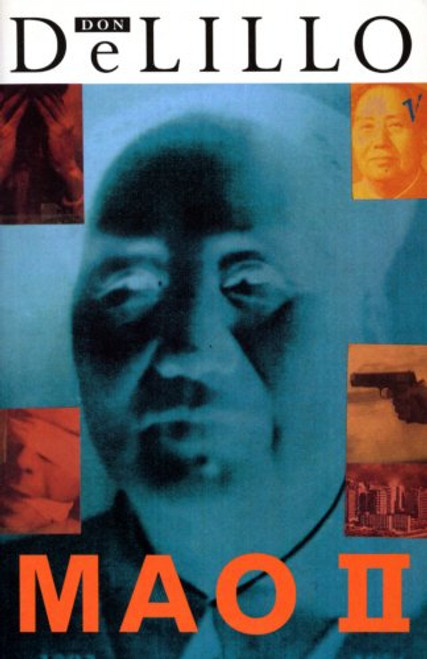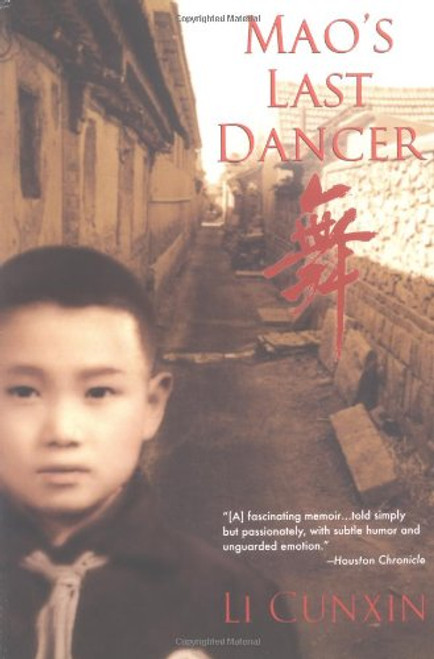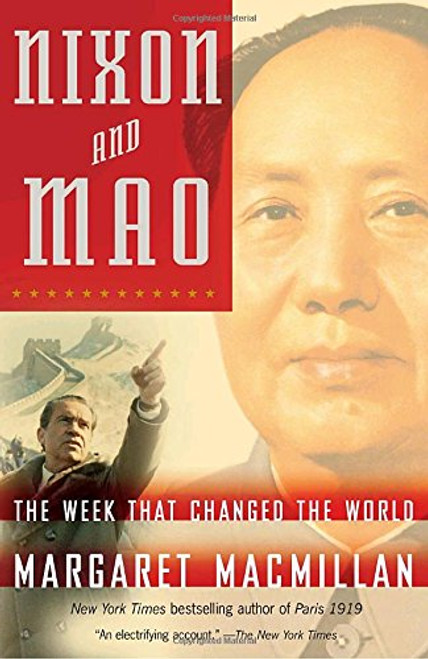Product Overview
The definitive biography of the man who dominated modern Chinese history.
When the Nationalists routed a ragtag Red Army on the Xiang River during the Long March, an earthy Chinese peasant with a brilliant mind moved to a position of power. Eight years after his military success, Mao Tse-Tung had won out over more sophisticated rivals to become party chairman, his title for life. Isolated by his eminence, he lived like a feudal emperor for much of his reign after a blood purge took more lives than those killed by either Stalin or Hitler. His virtual quarantine resulted in an ideological/political divide and a devastating reign of terror that became the Cultural Revolution. Though Mao broke the shackles of two thousand years of Confucian right thinking and was the major force of contemporary China, he reverted to the simplistic thinking of his peasant origins at the , sustained by the same autocratic process that supported China's first emperors.
One cannot understand today's China without first understanding Mao. Attempts to view Mao's life through Western lenses inevitably present a cartoonish monster or hero, both far removed from the real man. Philip Short's masterly assessment-informed by secret documents recently found in China-allows the reader to understand this colossal figure whose shadow will dominate the twenty-first century.
When the Nationalists routed a ragtag Red Army on the Xiang River during the Long March, an earthy Chinese peasant with a brilliant mind moved to a position of power. Eight years after his military success, Mao Tse-Tung had won out over more sophisticated rivals to become party chairman, his title for life. Isolated by his eminence, he lived like a feudal emperor for much of his reign after a blood purge took more lives than those killed by either Stalin or Hitler. His virtual quarantine resulted in an ideological/political divide and a devastating reign of terror that became the Cultural Revolution. Though Mao broke the shackles of two thousand years of Confucian right thinking and was the major force of contemporary China, he reverted to the simplistic thinking of his peasant origins at the , sustained by the same autocratic process that supported China's first emperors.
One cannot understand today's China without first understanding Mao. Attempts to view Mao's life through Western lenses inevitably present a cartoonish monster or hero, both far removed from the real man. Philip Short's masterly assessment-informed by secret documents recently found in China-allows the reader to understand this colossal figure whose shadow will dominate the twenty-first century.






